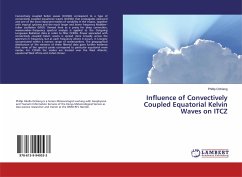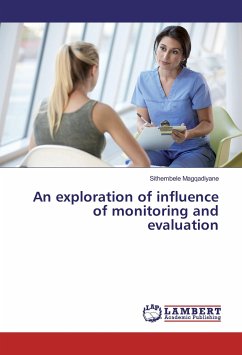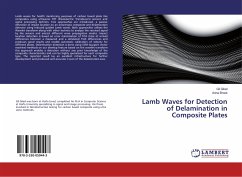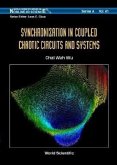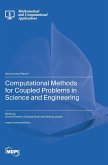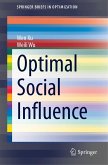Convectively coupled Kelvin waves (CCKWs) correspond to a type of convectively coupled equatorial waves (CCEWs) that propagates eastward and one of the most important modes of variability in the tropics, together with tropical cyclones and the much larger and lower frequency Madden-Julian oscillation (MJO). Viewed here as a proxy for deep convection, wavenumber-frequency spectral analysis is applied to the Outgoing Longwave Radiation data in order to filter CCKWs. Power associated with convectively coupled Kelvin waves is spread more broadly across the spectrum in frequency, but at each frequency where it occurs, it is largely concentrated within a narrow range of wavenumbers. The geographical distribution of the variance of these filtered data gives further evidence that some of the spectral peaks correspond to particular equatorial wave modes. For CCKWs the modes are located over the West Atlantic, equatorial West Africa and Indian Ocean.
Bitte wählen Sie Ihr Anliegen aus.
Rechnungen
Retourenschein anfordern
Bestellstatus
Storno

